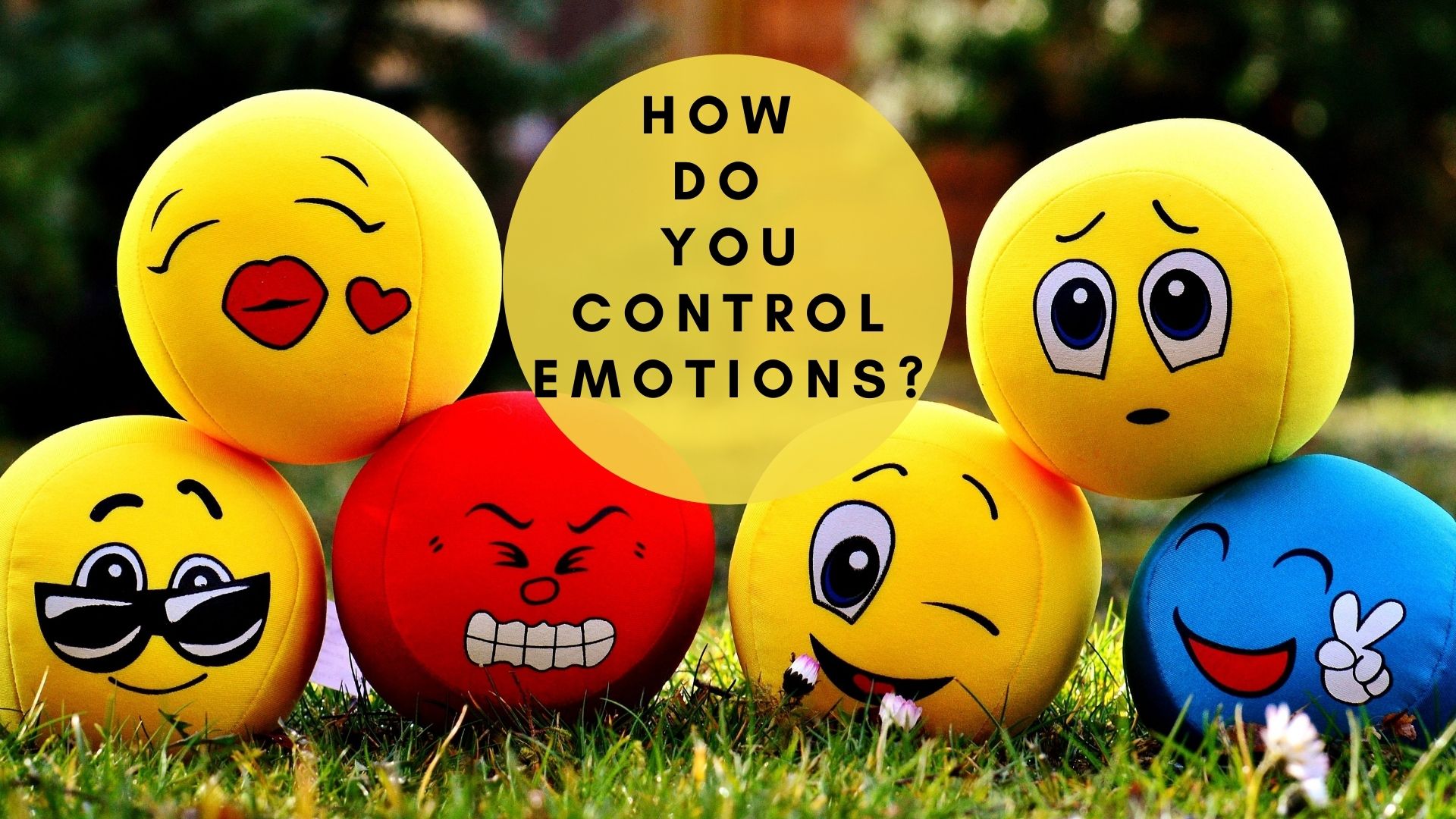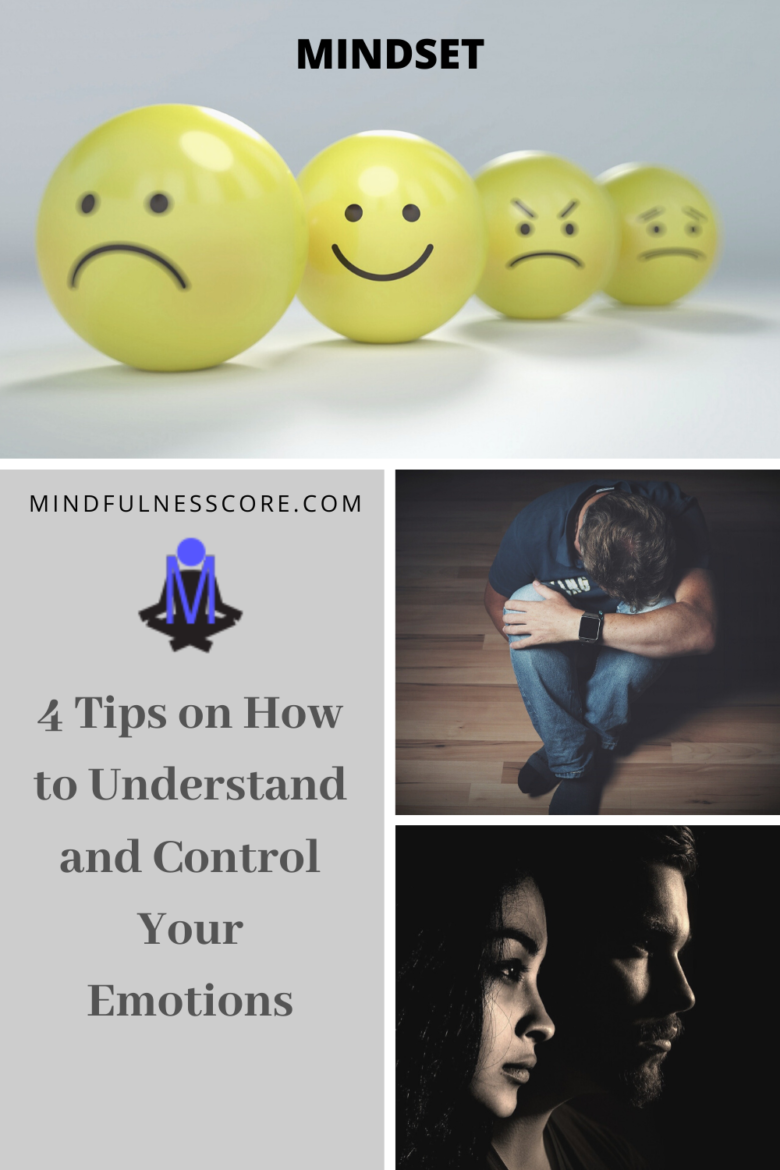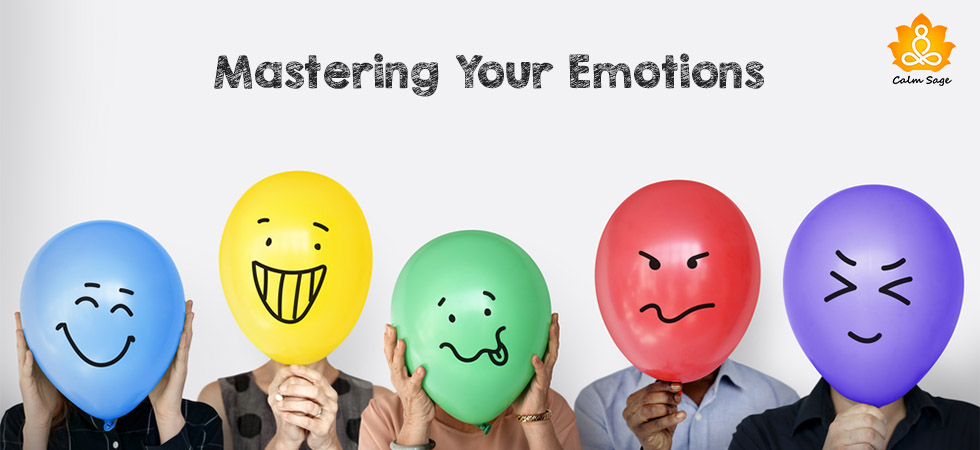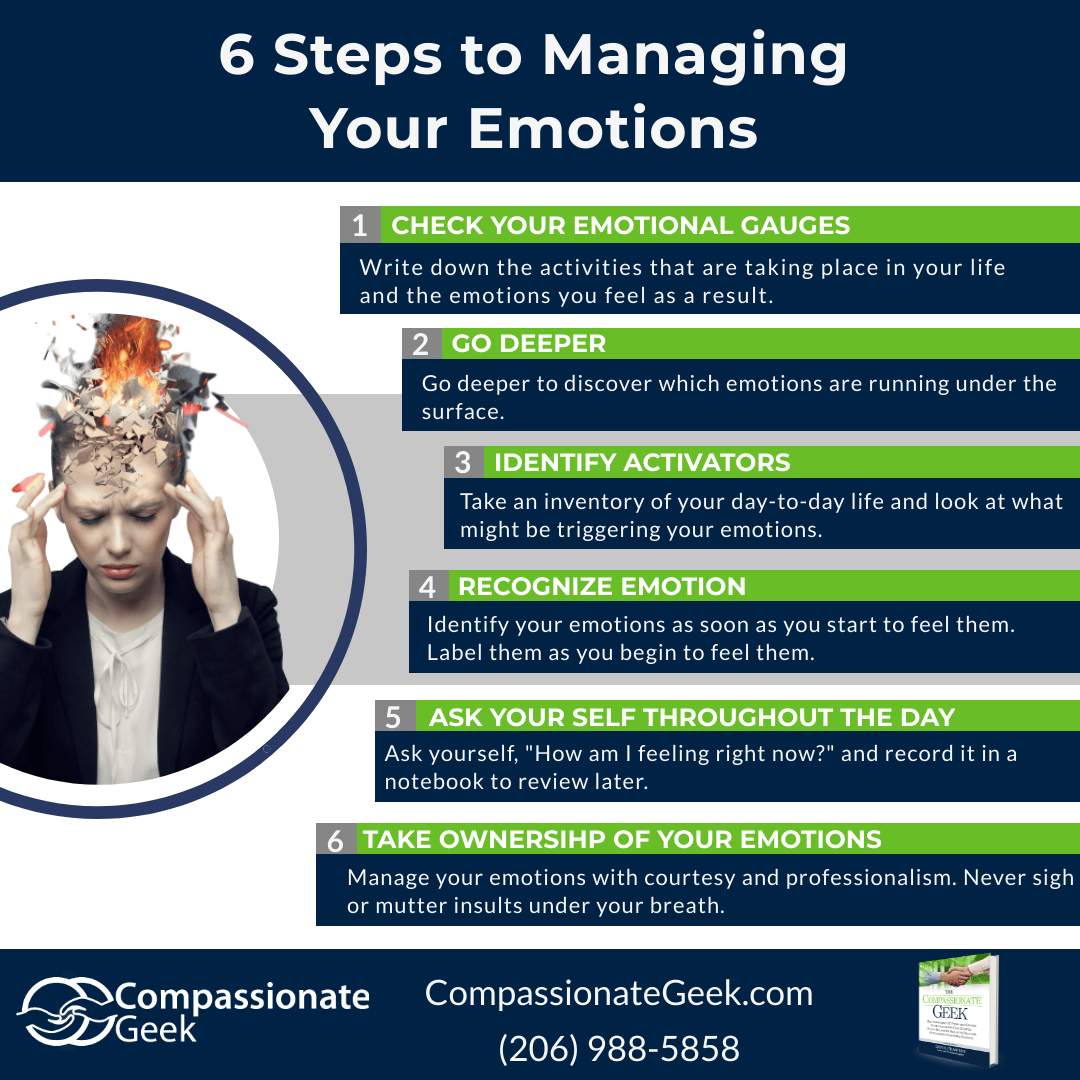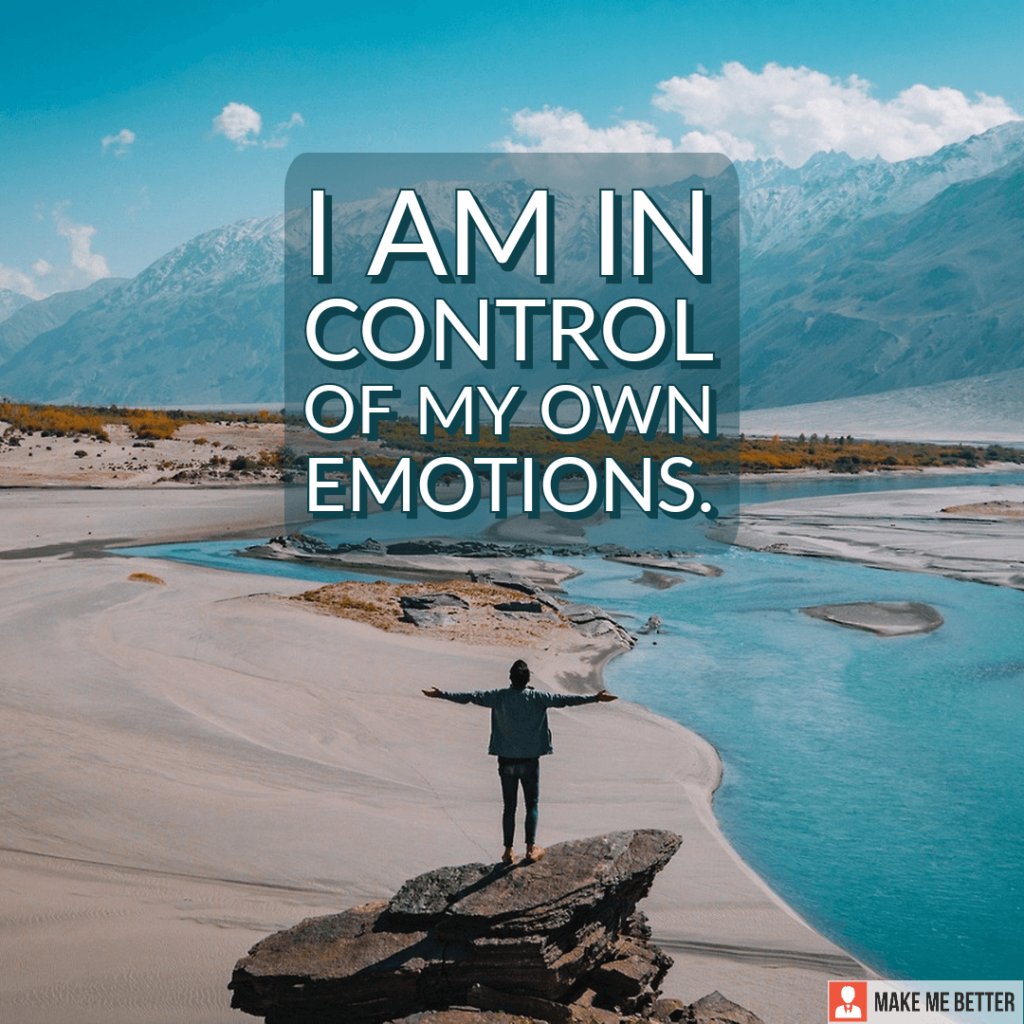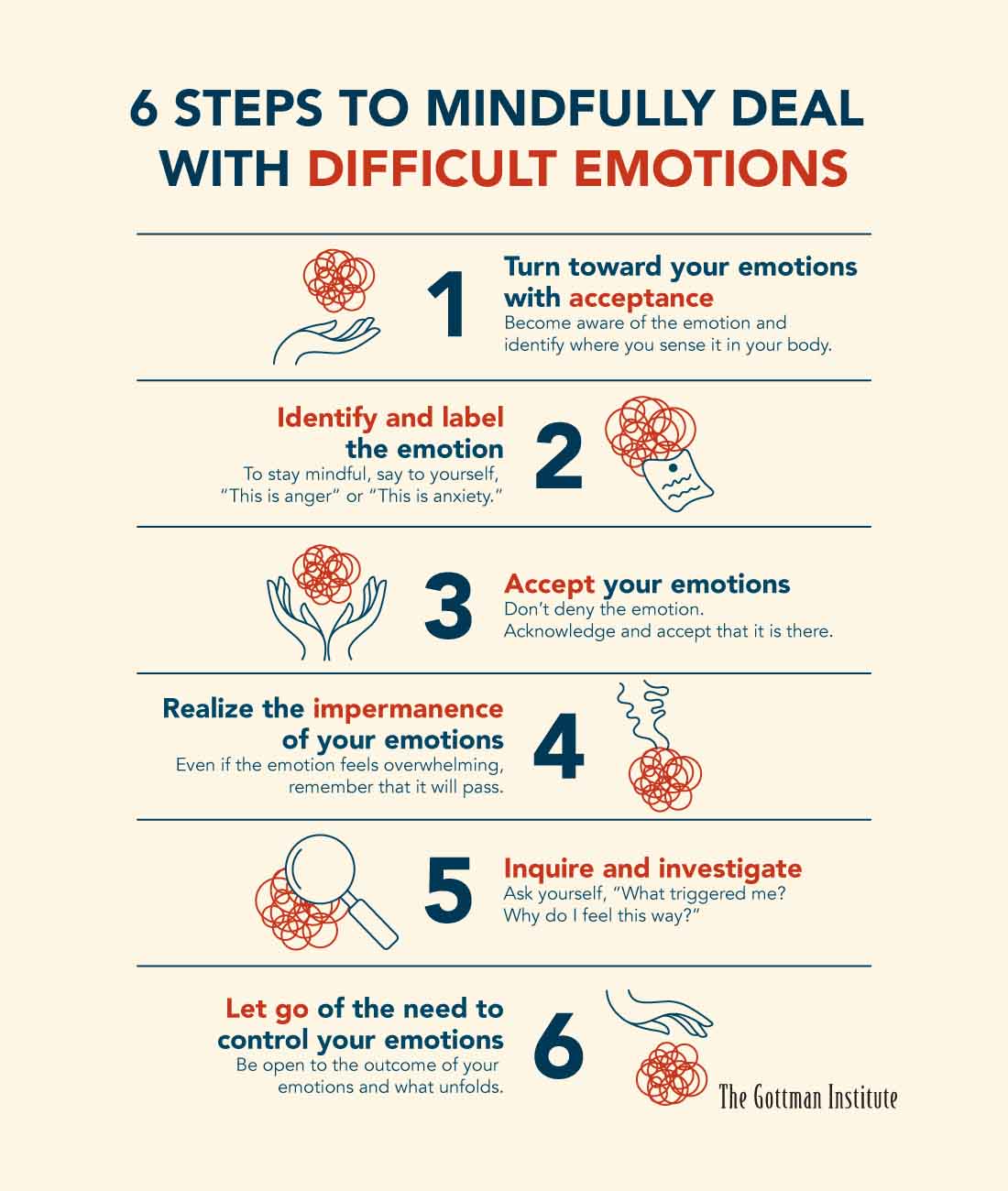How To Be In Control Of My Emotions
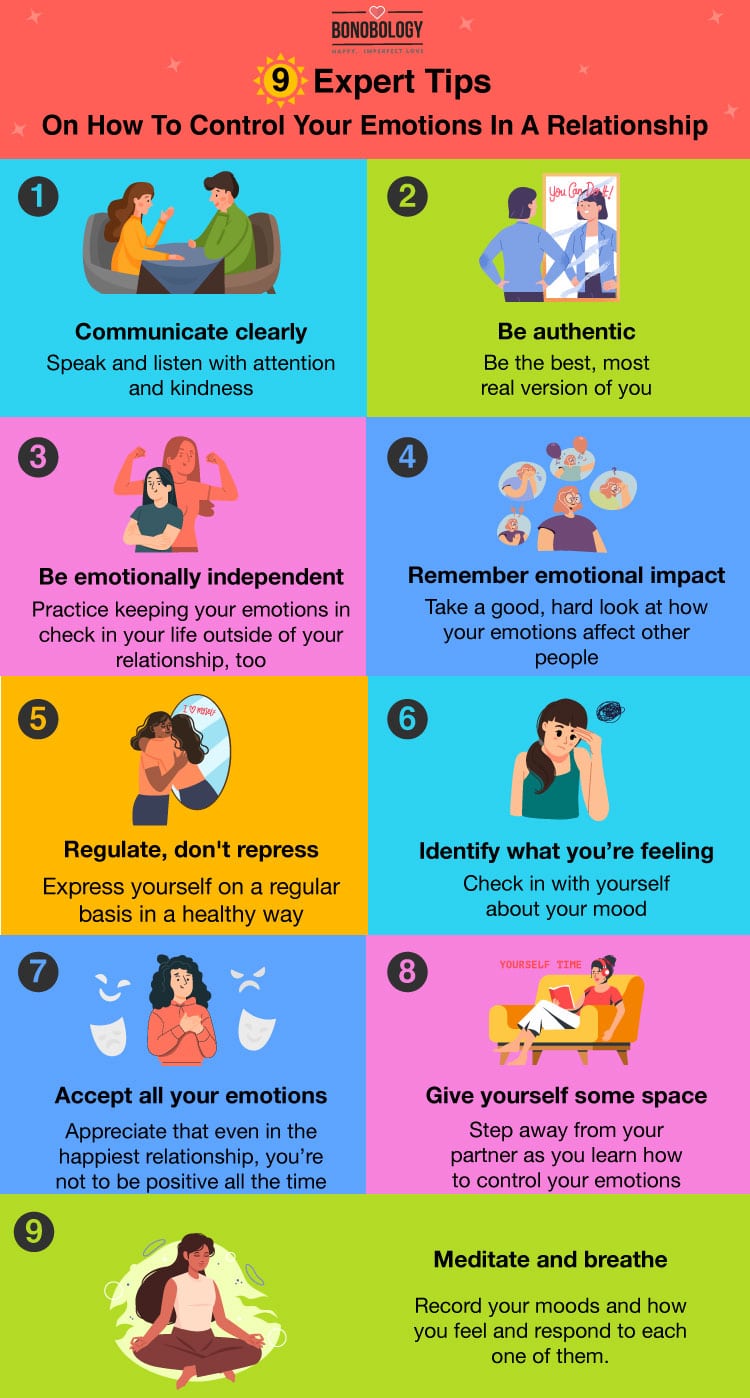
Imagine yourself standing on a windswept beach. The waves crash relentlessly, mimicking the turmoil inside you as emotions surge – anger, frustration, sadness. You feel tossed about, powerless against the tide. But what if you could learn to navigate those inner waves, to harness their energy instead of being overwhelmed?
Learning to manage your emotions isn't about suppressing them; it's about understanding them, acknowledging them, and choosing how to respond. It’s a journey of self-discovery that empowers you to lead a more balanced and fulfilling life. This article explores practical strategies and insights to help you take control of your emotional landscape.
Understanding Your Emotional Landscape
The first step toward emotional mastery is understanding the terrain. Emotions aren't enemies; they are messengers, providing valuable information about our internal state and our interactions with the world.
According to the American Psychological Association, emotional awareness, or the ability to recognize and understand your own emotions, is a key component of emotional intelligence.
The Importance of Self-Awareness
Becoming self-aware allows you to identify triggers – situations, people, or thoughts that tend to provoke strong emotional reactions. Keep a journal to track your emotions, noting the circumstances that led to them.
Ask yourself: What am I feeling? Where in my body do I feel it? What thoughts are associated with this emotion? Honest reflection is crucial here.
Challenging Your Thoughts
Often, our emotions are fueled by our thoughts. Negative or distorted thinking patterns can amplify negative emotions. Cognitive Behavioral Therapy (CBT) offers techniques to identify and challenge these unhelpful thought patterns.
For example, if you find yourself thinking, "I always fail," try reframing it to, "I have faced challenges in the past, but I am learning and growing."
Practical Strategies for Emotional Regulation
Once you've gained a better understanding of your emotions, you can begin implementing strategies to regulate them.
These strategies aren't about eliminating emotions but about managing their intensity and duration.
Mindfulness and Meditation
Mindfulness practices, such as meditation, can help you become more present in the moment. This allows you to observe your emotions without judgment, creating space between feeling and reaction.
Dr. Jon Kabat-Zinn, a pioneer in mindfulness-based stress reduction, emphasizes the importance of paying attention to the present moment with intention and without judgment.
Deep Breathing Exercises
When emotions run high, your body enters a state of stress. Deep breathing exercises can activate your parasympathetic nervous system, which promotes relaxation and reduces stress.
A simple technique is the 4-7-8 breath: Inhale deeply through your nose for 4 seconds, hold your breath for 7 seconds, and exhale slowly through your mouth for 8 seconds.
Physical Activity
Exercise is a powerful tool for managing emotions. Physical activity releases endorphins, which have mood-boosting effects. A brisk walk, a bike ride, or even a few minutes of stretching can make a difference.
The Mayo Clinic highlights the benefits of regular exercise for managing stress, anxiety, and depression.
Seeking Support
Don't hesitate to reach out to others for support. Talking to a trusted friend, family member, or therapist can provide valuable perspective and emotional validation.
Remember, seeking help is a sign of strength, not weakness.
Building Resilience for Long-Term Emotional Well-being
Emotional regulation is an ongoing process, not a one-time fix. Building resilience is key to navigating life's inevitable challenges.
This involves cultivating a positive mindset, practicing self-compassion, and developing healthy coping mechanisms.
The Power of Self-Compassion
Treat yourself with the same kindness and understanding you would offer a friend who is struggling. Self-compassion involves recognizing that everyone makes mistakes and experiences difficulties.
Dr. Kristin Neff, a leading researcher on self-compassion, emphasizes that it's not about self-pity but about acknowledging your shared humanity.
So, as you stand on that metaphorical beach, remember that you have the power to navigate the waves within. It takes practice and patience, but with each step, you become more resilient, more grounded, and more in control of your emotional journey.




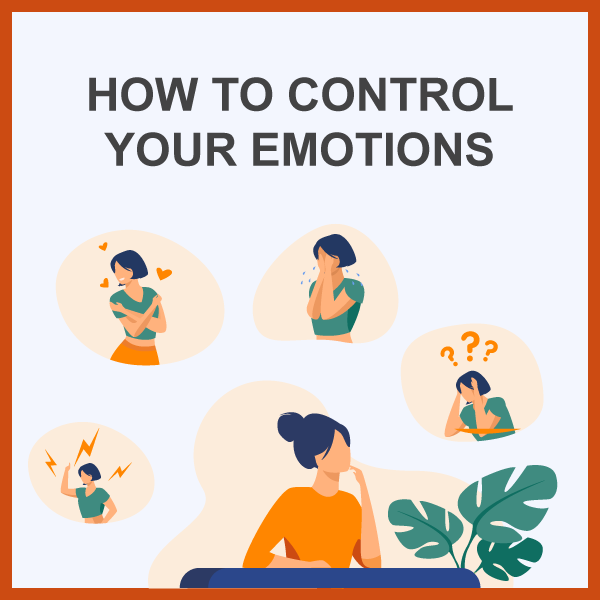
![How To Be In Control Of My Emotions 6 Steps To Mastering Your Emotions in 2022 [Infographic] | How to](https://i.pinimg.com/originals/08/c3/fe/08c3fe5b942fd0062c51e947f0b9e002.jpg)



